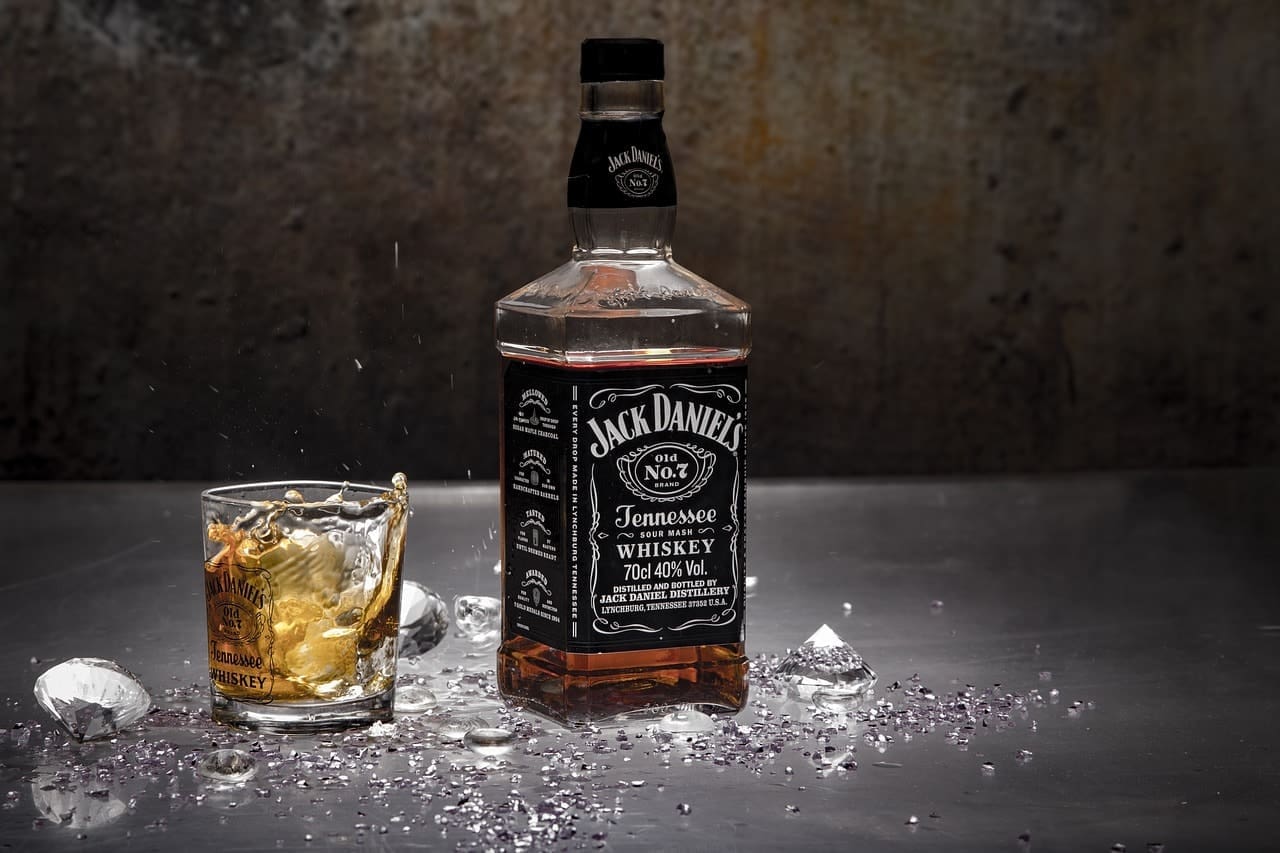Whisky is fast becoming one of the most popular luxury items around the world. Whether it’s to be drunk, collected or invested in, high net worth individuals are turning their eyes to whisky. This mounting interest means that the global market has increased by over 700% in the last five years as investors from Asia to America are looking to get a piece of the action.
Why whisky ?

Whisky enjoys a unique status as an investment item as unopened bottles maintain quality for a long time. Unlike wine and watches, an 18-year-old whisky will always be an 18-year-old whisky, so it offers a more reliable investment opportunity than many other luxury markets. Additionally, the average bottle value has increased from £299 in 2017 to £377 in 2018 for a 26% growth.
Whisky is gaining such popularity that the Rare Whisky 101 investor reports for 2018 show that the volume and value of single malt scotch sales is constantly rising – volume sold has more than tripled and value increased by more than five times. For first-time investors or those with diverse investments across a number of markets, whisky is proving to be a highly reliable and accessible market which provides a unique opportunity.
How does it compare?
As previously mentioned, the whisky market is notably showing better returns on investment than many of the largest investment markets around. Whisky Invest Direct, a business which offers investment on cask whisky, has found that whisky offers better returns than London property with no costs or rent whether it’s held for three years or 12 years. Whisky Invest Direct also found that, since the financial crash, barrelled whisky has never returned less than 60% when sold after six years.
Wine collection is one of the oldest luxury investment markets and is often regarded as the pinnacle of investment and collection in consumables. However, the market is unreliable due to the instability of the product and, as it currently exists, the market can hold little to the value of collectable whisky. Last year, the average bottle price for wine was £165, far below the £377 for whisky, and the most expensive bottle ever sold fetched £447,000 at auction, bested by a £1,000,000 bottle of 1926 Macallan sold last year.
No matter the market, whisky is standing tall as a way to make money with a top quality product the world over.
The secondary market – Japan
Below the astronomical heights of Scotch investment, the Japanese whisky industry has been observing unparalleled growth in the past decade. The top-performing region in 2018, Japanese whisky has grown by 35% in the last year as more investors turn to the East looking for quality drinks.
The record for most expensive Japanese whisky ever sold was also broken last year, with a 50-year-old Yamazaki fetching £343,000 at auction, more than double its pre-sale estimate of $140,000. Though this is nowhere near close to the 60-year-old Macallan, it shows that there are fine whiskies to be found outside of the Highlands.
Investor rankings
The Rare Whisky 101 rankings for 2018 showed that, though Macallan may have brought in the single largest amount of money, the distillery has actually fallen to its lowest place since the list’s inception in 2014. Mostly thanks to poor performance at the end of the year, Macallan now sits at fourth position for most investable:
- Bowmore
- Brora
- Springbank
- Macallan
- Glenugie
Where to start?
For those getting started with their whisky collection, here are five pieces of advice to remember before getting serious about investment.
1. Do your research
To be serious about whisky and to ensure you find the best deals on the right whiskies, it’s important to have a deep understanding of the industry. Additionally, Rare Whisky 101 has been raising awareness on the presence of fakes for a number of years now as they increase in prevalence.
2. Consider different ways of investment
As evidenced by Whisky Invest Direct, investors may see higher value in investing in cask whisky over bottled whisky as this allows slightly more control over the product released and could result in higher gains. However, for die-hard whisky lovers, building a personal collection to enjoy is as much a part of the experience as financial gain.
3. Know what kind of whiskies to keep an eye out for
Rare and collectable whiskies tend to result in higher returns and special edition whiskies are often more desirable to collectors. Understanding the market will help any would-be investor identify the right collectables to aim for, as quality whisky from recognised distilleries typically takes precedence over novelty.
4. Love whisky
The soul of whisky lies in it being drunk so any collector needs to have a love of whisky to truly appreciate its value. Almost half of those interviewed by Rare Whisky are collectors first and investors second, as many understand that, should a buyer not be found, they will always have a premium product to enjoy.
5. Be patient
Although whisky is certainly booming, picking the right time to sell is an artful skill that the best investors will need to hone. Identifying trends in distilleries and age expressions, for example will be a useful way of deciding whether to sell a bottle or hold it for when market opinions change. Stay patient and know how to store your whisky.
What are the best bottles?
Some of the best bottles chosen at this year’s world whiskies awards include:
- Best American Single Cask Single Malt: Moylan’s Distilling Co. ADI Workshop
- Best Irish Single Malt: Teeling 24-year-old Vintage Reserve
- Best Japanese Blended Malt: Nikka Taketsuru Pure Malt 25-year-old
- Best Japanese Blended Whisky: Suntory Hibiki 21-year-old
- Best Danish New Make: Stauning Whisky Peat Smoked Malted Rye
Where are the best distilleries?
While the best bottle changes each year, many distilleries have reached a status level which means bottles under this label consistently see positive returns and make for safe investments. Bottles from a number of closed, ‘silent’ distilleries also fetch high prices due to their increased scarcity. The top Scotch distilleries include:
Active
- Macallan
- Glenfiddich
- Ardbeg
- Balvenie
- Dalmore
Silent
- Port Ellen
- Brora
- St Magdalene
- Glenugie
- Dallas Dhu
Affordable investments


Unlike property and natural resources, whisky starts at a fairly accessible entry price. For those just starting out their whisky collections and looking for something more stable with a smaller margin, there are countless distilleries to choose from.
These include:
- Glendronach
- Benromach
- Glenallachie
- Tomatin
- Ben Nevis
Though they have less worldwide regard, these distilleries have diverse flavour profiles and heaps of character which mean that investors are regularly interested in premium expressions wherever they can be found.
The status of whisky continues to grow, and its relative accessibility makes it the perfect investment opportunity for anybody with enough dedication to the industry. The product’s consistency also means that, for the patient investor, the returns will continue to be positive far into the future.
This article was provided by The Spirits Embassy, rare and collectable whisky and spirits marketplace in the UK.
Cover Image credits




